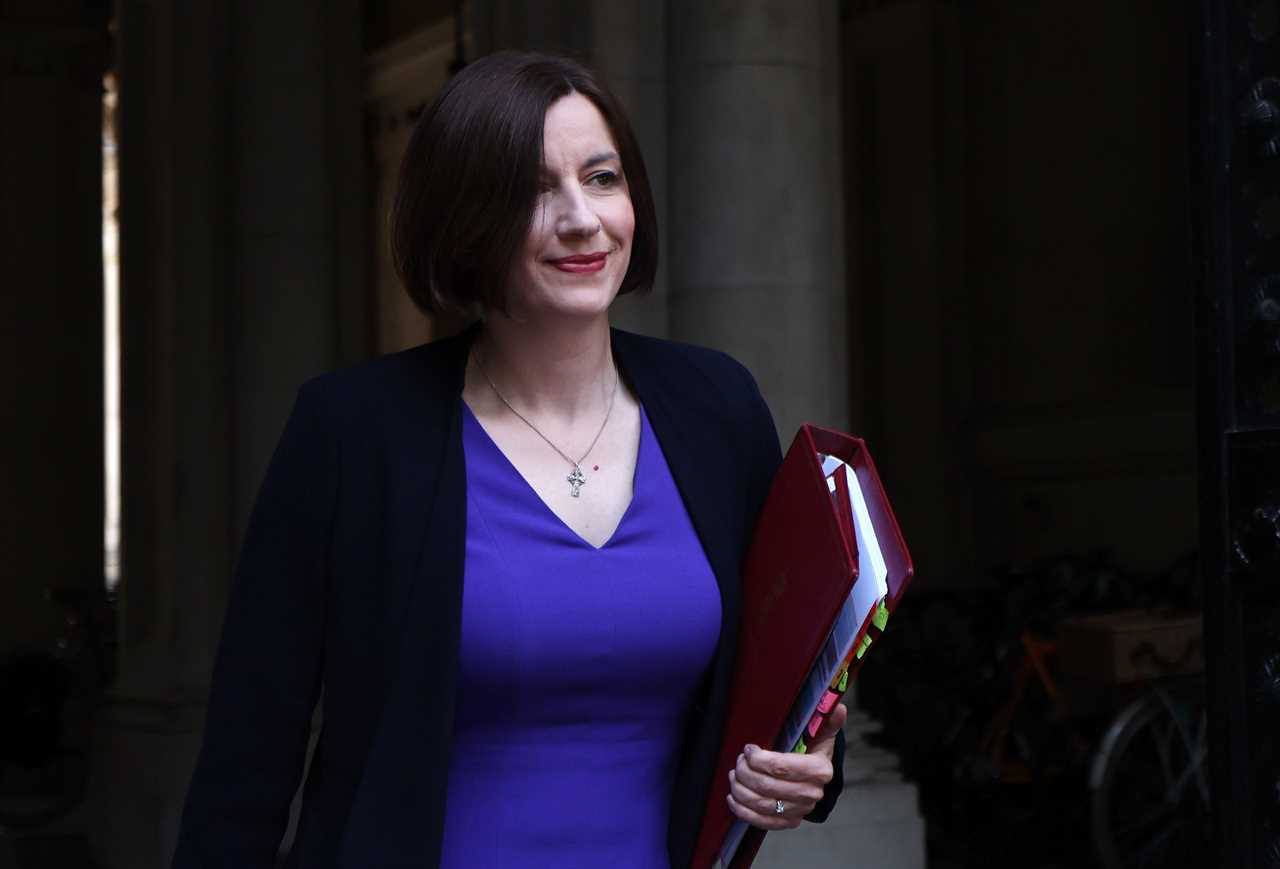
The recent revision of sex education guidelines by Education Secretary Bridget Phillipson has ignited a storm of criticism and debate, highlighting the complexities of teaching sensitive topics to young children. The decision to alter the approach to sex education in primary schools reflects broader societal tensions around child welfare, online safety, and gender identity.
Revisiting Sex Education: Balancing Protection and Awareness
The updated guidance, which now recommends delaying explicit sexual education until the final years of primary school, raises questions about the balance between safeguarding children from harmful content and equipping them with the knowledge to navigate an increasingly complex digital landscape. The shift away from strict age limits on discussing sensitive topics like sexual violence signals a nuanced approach to addressing these critical issues.
Challenges in Policy Implementation: Navigating Parental Concerns
The diverging opinions on when and how to introduce sex education in schools underscore the challenges policymakers face in responding to parental anxieties while promoting comprehensive and inclusive educational practices. Bridget Phillipson's emphasis on empowering children to recognize and resist online dangers reflects a broader effort to address evolving threats in the digital age.
Gender Identity and Inclusivity: Unpacking Ongoing Debates
Amidst the controversy, the delayed release of guidance on transgender issues in schools underscores the ongoing debates surrounding gender identity education. The promise to ban the teaching of "gender ideology" as fact raises questions about how to create inclusive learning environments that respect diverse experiences and perspectives.
As Laura Trott criticises the lack of clarity in safeguarding gender-questioning children, the intersection of education, identity, and protection remains a focal point for future policy development.
In conclusion, the decision to revise sex education guidelines for primary schools reflects a delicate balancing act between safeguarding children, addressing societal shifts, and promoting inclusive education. The nuanced approach taken by policymakers acknowledges the complexities of these issues, calling for ongoing dialogue and engagement to ensure the well-being and empowerment of all young learners.
Did you miss our previous article...
https://trendinginthenews.com/uk-politics/analyzing-the-complexities-of-migrant-benefit-claims-in-the-uk






